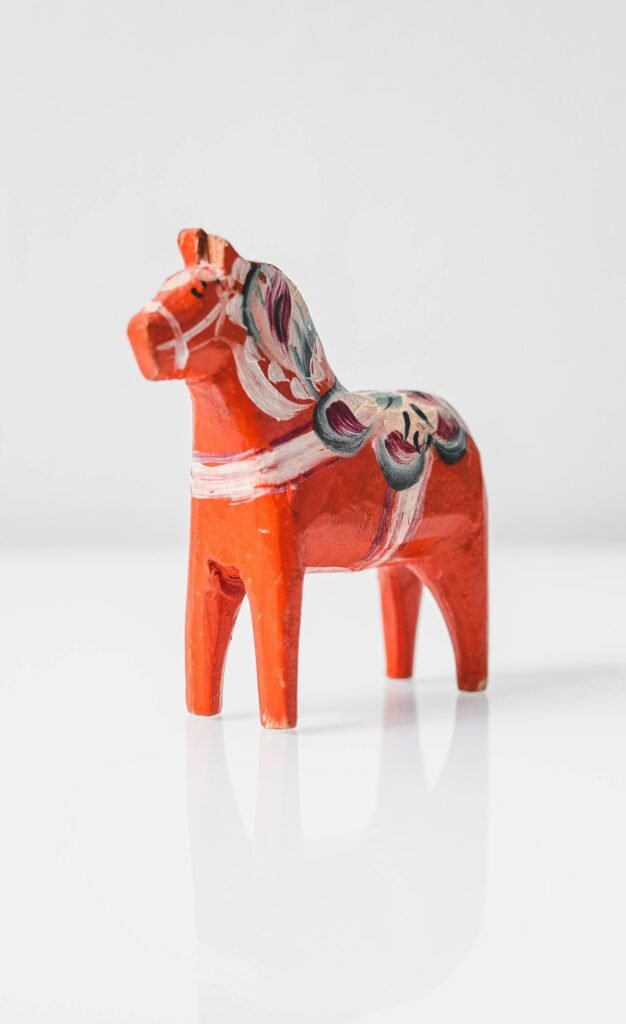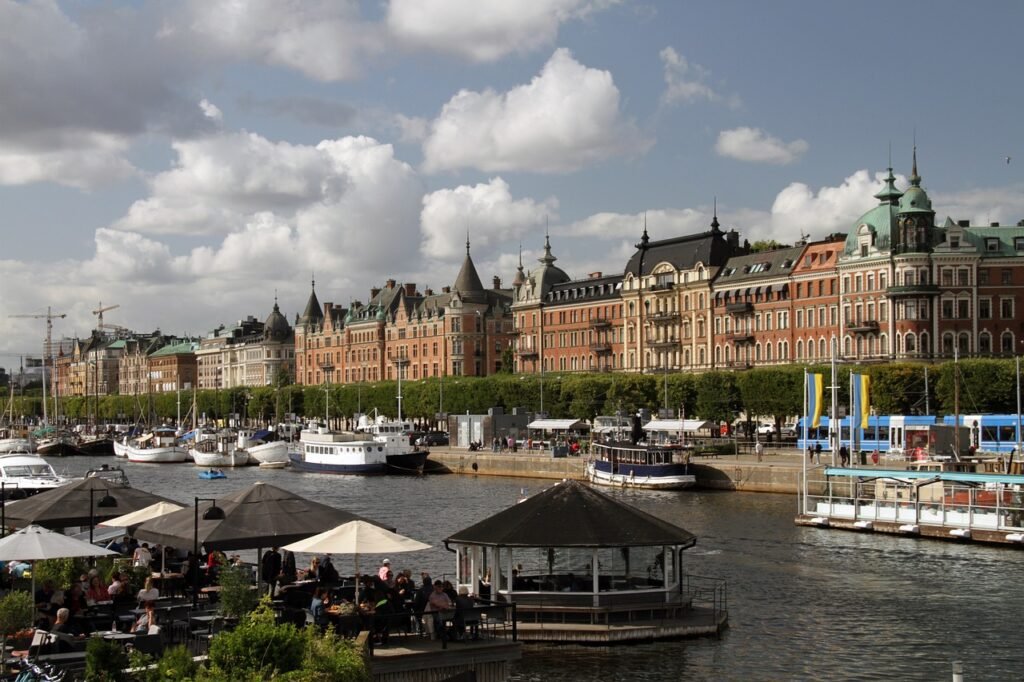Visiting Sweden? Whether you’re heading to Stockholm for a city break, exploring the vast forests of Småland, or chasing the northern lights in Kiruna, understanding a few cultural norms will help you navigate daily life with confidence — and avoid any accidental faux pas.
Swedes are famously polite, respectful, and quiet — but if you’re used to more expressive cultures, some behaviors might surprise you. Here’s what you need to know before you land.
Punctuality Is Non-Negotiable
Timekeeping in Sweden is almost a national sport. People show up early or on the dot — being even five minutes late can be seen as careless or disrespectful.
• Always arrive a few minutes early to meetings, tours, or social events.
• If you’re running late, a quick message is expected.
Even casual gatherings like meeting for fika (a coffee break) are approached with the same punctual mindset.
Swedes Keep It Low-Key
Swedish people tend to be calm, modest, and understated. They don’t draw attention to themselves or make grand entrances.
• Speak at a moderate volume, especially in public.
• Avoid bragging or dominating the conversation.
While it may seem like everyone is reserved, once you break the ice, Swedes are warm, thoughtful, and loyal friends — but they appreciate it when you don’t “oversell” yourself.
Take Off Your Shoes
This one’s important — and easy to miss if you’re not familiar with the custom.
• Always remove your shoes when entering someone’s home.
• Check the entryway: if there are shoes by the door, follow suit.
This rule applies even in Airbnb rentals, cabins, and sometimes even daycare centers and some offices. Socks or indoor slippers are totally fine.
Respect Personal Space
If you’re from a culture that loves hugs, handshakes, or chatting up strangers, Sweden may feel like a different planet at first. People here value space — both physical and social.
• Don’t stand too close in line or on public transit.
• Avoid touching strangers or being overly friendly too fast.
This doesn’t mean Swedes are unfriendly. They just have different boundaries. Respecting those boundaries is a way of showing politeness.
Silence Isn’t Awkward — It’s Comfortable
In Sweden, silence doesn’t need to be filled. People are totally fine with pauses in conversation. In fact, quiet moments are seen as natural and respectful.
• You don’t need to small talk with everyone.
• Embrace silence on buses, in elevators, and even during meals.
This might feel strange if you’re used to constant conversation, but once you adapt, it’s oddly peaceful.
Always Queue Up
Swedes are famous for their orderly queues — whether it’s at the bakery, pharmacy, bus stop, or even a buffet line.
• Look for ticket machines in stores — many use a number system.
• Never jump ahead or try to “squeeze in” — it’s considered rude.
Even in casual settings, people subconsciously form lines. Don’t cut. Just fall in line, and you’ll fit right in.
Fika Is Sacred
Fika — Sweden’s coffee and pastry break — is a cultural institution. It’s more than a snack; it’s a daily ritual for slowing down, chatting, and recharging.
• Take your time — fika isn’t meant to be rushed.
• If invited for fika, say yes — it’s a friendly gesture.
You’ll often find locals enjoying fika with cinnamon buns or cardamom rolls in cozy cafés. It’s social, relaxing, and a big part of the Swedish day.
Be Modest and Humble
Sweden has a social philosophy known as Jantelagen — a kind of unwritten code that discourages standing out or acting superior.
• Don’t brag about your achievements or wealth.
• Compliments are often met with humility, not big reactions.
If someone says they’re “not bad” at something, that could mean they’re quite skilled — just not the type to say it outright.
Greetings and Goodbyes Are Polite (but Low-Key)
Swedes usually greet each other with a simple “Hej” (hi) or “Hej hej.” No need for elaborate hellos or air kisses.
• A handshake is fine in formal settings.
• With friends, a nod or wave does the trick.
Goodbyes are important too — it’s considered polite to say “hej då” (bye) when leaving, even in shops or cafes.
Tipping Is Optional
Tipping in Sweden is appreciated, but not required. Service charges are usually included in your bill.
• In restaurants, rounding up or leaving 5–10% is generous.
• For taxis, rounding up to the nearest 10 or 20 SEK is common.
There’s no need to calculate big percentages or overthink it.
Gender Equality Is a Given
Sweden is one of the most gender-equal countries in the world. That mindset extends to daily life, parenting roles, and work culture.
• Avoid making gender-based jokes or assumptions.
• Expect to see dads on parental leave and women in leadership roles.
Equality is woven into the fabric of Swedish society — and travelers are expected to follow suit.
Sweden might seem quiet or reserved on the surface, but once you understand the unspoken rules, you’ll find the culture warm, relaxed, and refreshingly respectful.
A little etiquette goes a long way. By showing up on time, respecting personal space, and embracing fika, you’ll blend right in — and maybe even feel a little Swedish yourself by the end of your trip.




